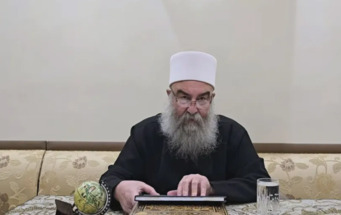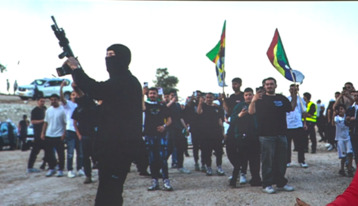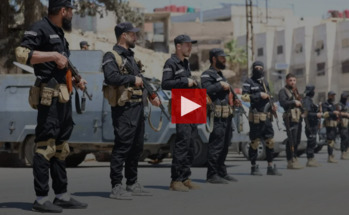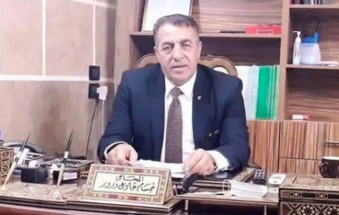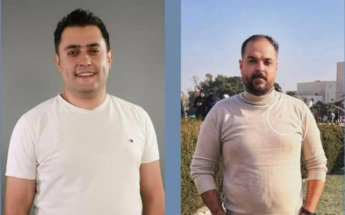-
Shiite Iranian-Lebanese mediation between Iraq's Sadr and his rivals
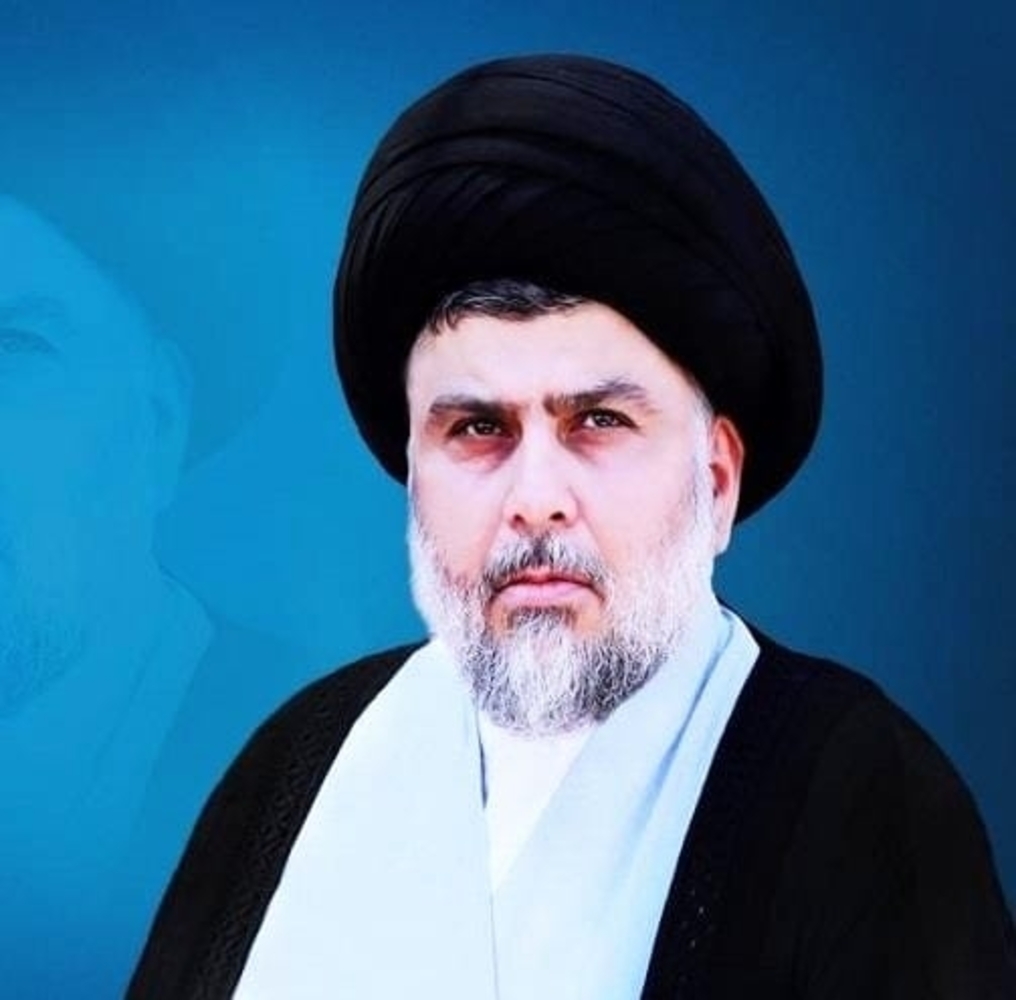
The Asharq Al-Awsat reported that the inaugural parliamentary session in Iraq underscored the sharp divide between the Sadrist movement, led by cleric Moqtada al-Sadr, and the pro-Iran Coordination Framework.
Information from behind the scenes in Iraq revealed that influential Shiite figures, some living in Iraq and others in Iran and Lebanon, will kick off a mediation to bridge the divide between the rival Shiite camps.
These figures fear that the situation in Iraq could spiral out of control if the inter-Shiite disputes are not resolved.
The tensions could lead to violence, which could raise concerns among other groups in Iraq, most notably the Kurds.
The Kurds have long declared their commitment to the historic alliance that tied them to the Shiites and they are worried that they could end up being the first victims of any Shiite-Shiite clash, whether in parliament, the government or contested regions.
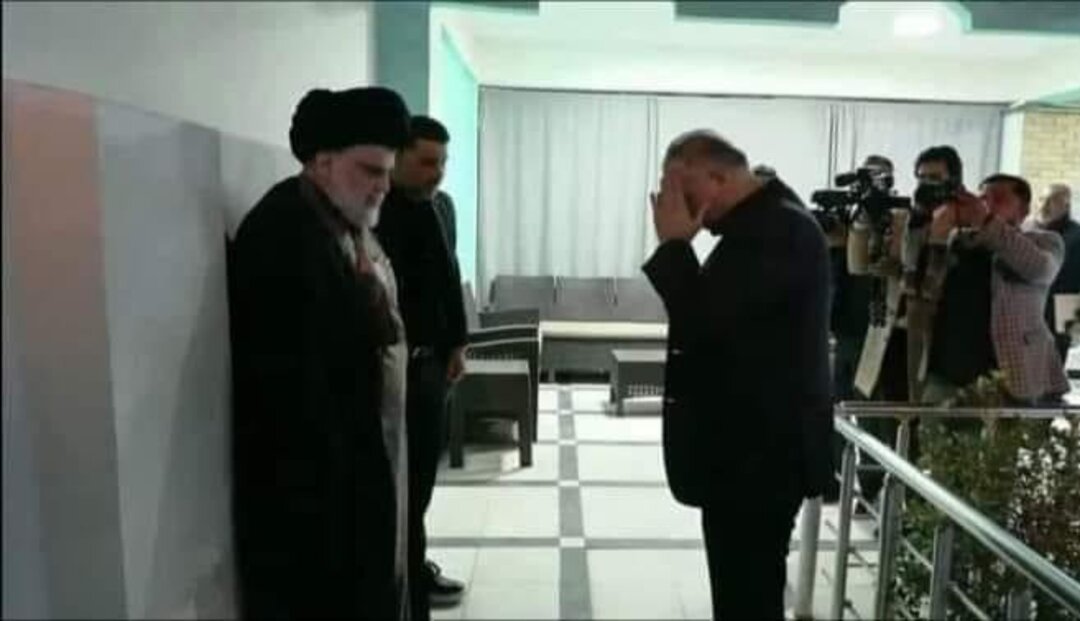
Meanwhile, the dispute over who enjoys the largest bloc in parliament continues. The Coordination Framework, which is formed of parties that lost the October parliamentary elections, alleges that it has won 88 seats and that Sadr, who actually won the polls, only has claims to 75.
The Sunnis and Kurds do not want to become embroiled in the dispute over the largest bloc, hoping that the Shiites themselves could resolve it.
Gunmen in Iraq wound two protesters who disrupted Soleimani memorial
The Kurds are meanwhile, divided over the position of president.
The Kurdistan Democratic Party (KDP) and the Patriotic Union of Kurdistan (PUK) are split over the reelection of President Barham Salih, with the latter in favor of the move and the former opposed to it.
Both of the parties would rather not become involved in the Shiite-Shiite dispute because they will need the Shiite vote to sway the presidential elections in their favor.
Six Katyusha rockets hit Iraqi military airbase housing US experts and agencies
The Federal Supreme Court has since ratified the results of the elections, confirming Sadr as the winner.
Sadr therefore, has enough power to form a new majority government, which the Coordination Framework believes is an attempt to cut them out of the political scene.
Eight people died and more could be injured amid severe flooding in northern Iraq
As it stands, the Shiites are confronted with two options: The repeat of the 2018 scenario where no party boasts the largest bloc. Instead, a weak Shiite consensus would be reached and which the Sunnis and Kurds can join as the weakest link in the equation.
The other option is the Shiite disputes devolving into violence as many armed factions have blamed the Sunnis and Kurds for the divisions among the Shiites.
Source: aawsat
You May Also Like
Popular Posts
Caricature
BENEFIT Sponsors BuildHer...
- April 23, 2025
BENEFIT, the Kingdom’s innovator and leading company in Fintech and electronic financial transactions service, has sponsored the BuildHer CityHack 2025 Hackathon, a two-day event spearheaded by the College of Engineering and Technology at the Royal University for Women (RUW).
Aimed at secondary school students, the event brought together a distinguished group of academic professionals and technology experts to mentor and inspire young participants.
More than 100 high school students from across the Kingdom of Bahrain took part in the hackathon, which featured an intensive programme of training workshops and hands-on sessions. These activities were tailored to enhance participants’ critical thinking, collaborative problem-solving, and team-building capabilities, while also encouraging the development of practical and sustainable solutions to contemporary challenges using modern technological tools.
BENEFIT’s Chief Executive Mr. Abdulwahed AlJanahi, commented: “Our support for this educational hackathon reflects our long-term strategic vision to nurture the talents of emerging national youth and empower the next generation of accomplished female leaders in technology. By fostering creativity and innovation, we aim to contribute meaningfully to Bahrain’s comprehensive development goals and align with the aspirations outlined in the Kingdom’s Vision 2030—an ambition in which BENEFIT plays a central role.”
Professor Riyadh Yousif Hamzah, President of the Royal University for Women, commented: “This initiative reflects our commitment to advancing women in STEM fields. We're cultivating a generation of creative, solution-driven female leaders who will drive national development. Our partnership with BENEFIT exemplifies the powerful synergy between academia and private sector in supporting educational innovation.”
Hanan Abdulla Hasan, Senior Manager, PR & Communication at BENEFIT, said: “We are honoured to collaborate with RUW in supporting this remarkable technology-focused event. It highlights our commitment to social responsibility, and our ongoing efforts to enhance the digital and innovation capabilities of young Bahraini women and foster their ability to harness technological tools in the service of a smarter, more sustainable future.”
For his part, Dr. Humam ElAgha, Acting Dean of the College of Engineering and Technology at the University, said: “BuildHer CityHack 2025 embodies our hands-on approach to education. By tackling real-world problems through creative thinking and sustainable solutions, we're preparing women to thrive in the knowledge economy – a cornerstone of the University's vision.”
opinion
Report
ads
Newsletter
Subscribe to our mailing list to get the new updates!

